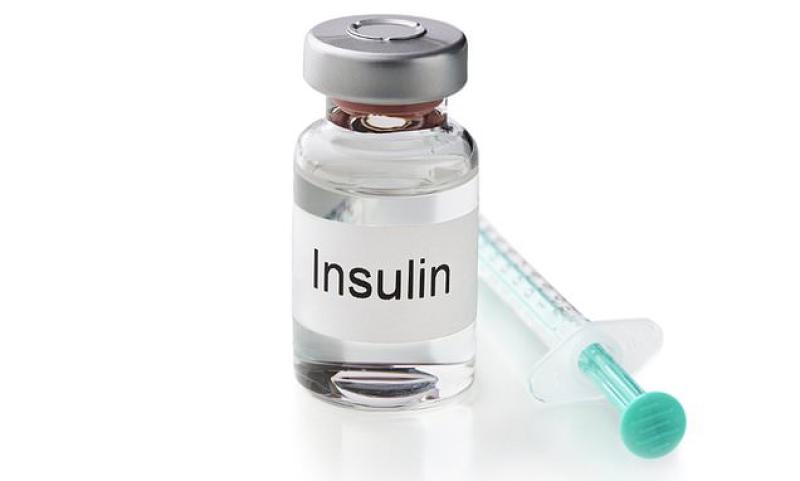Insulin biosimilars are rapidly transforming the landscape of diabetes care, offering new opportunities to improve patient outcomes while addressing the critical challenge of affordability. As diabetes prevalence continues to rise globally, the demand for cost-effective and effective insulin therapies grows in parallel. Biosimilar insulins — essentially “generic” versions of original insulin biologics — are designed to match the safety, efficacy, and quality profile of their reference products, while potentially reducing costs and expanding patient access. Understanding the dynamic insulin biosimilars market requires examining the manufacturing complexities, regulatory pathways, adoption trends, and the commercial potential shaping this evolving sector.
Comprehensive Overview of Insulin Biosimilars and Their Development Challenges
Insulin Biosimilars, a vital hormone for regulating blood sugar, is primarily produced through recombinant DNA technology, classifying it as a biologic product. Biosimilars, unlike traditional generic drugs, are not exact copies but highly similar in structure and function to original branded insulins. Their development involves intricate biological manufacturing processes, comprehensive physicochemical characterization, and rigorous clinical studies to establish equivalence in terms of pharmacodynamics, pharmacokinetics, and immunogenicity.
Due to the complex nature of biologics, manufacturing insulin biosimilars demands sophisticated technology and strict compliance with regulatory guidelines that ensure patient safety and therapeutic consistency. Regulatory authorities require detailed comparability data to support biosimilarity designation, including analytical studies, nonclinical studies, and often confirmatory clinical trials. This higher barrier to market entry relative to small-molecule generics contributes to ongoing innovation efforts and price setting in this therapeutic segment.
How Insulin Biosimilars Are Reshaping Patient Access and Treatment Paradigms Worldwide
With rising prevalence of type 1 and type 2 diabetes, insulin dependency is a significant medical and economic burden worldwide. In many regions, the high cost of branded insulin formulations poses a barrier to optimal disease management, leading to suboptimal glycemic control and increased complications. Insulin biosimilars are positioned as a strategic response to these challenges by offering lower-cost alternatives that maintain clinical efficacy.
Adoption of biosimilar insulins is increasing in key markets due to improved affordability and expanded reimbursement strategies by healthcare payers. Enhanced patient access to these biosimilars enables better chronic disease management and reduces long-term healthcare expenditures associated with poorly controlled diabetes. Additionally, biosimilars encourage market competition, prompting innovative manufacturers to improve delivery devices and formulations to support patient adherence and convenience.
Insights into Regulatory Framework Governing Insulin Biosimilars Across Global Markets
Regulatory landscapes for insulin biosimilars vary among global health authorities but share core principles centered on demonstrating biosimilarity to the reference product. Agencies such as the European Medicines Agency (EMA), US Food and Drug Administration (FDA), and other regional authorities have established detailed guidelines outlining the evidence requirements necessary for approval.
Key features include stringent analytical and clinical comparability assessments, immunogenicity monitoring, and post-marketing pharmacovigilance commitments. Some regions also focus on interchangeability status, which impacts substitution policies at the pharmacy level. The harmonization of regulatory processes continues to evolve, fostering a more predictable pathway for biosimilar manufacturers while safeguarding patient outcomes.
Commercial Potential and Market Dynamics Influencing Insulin Biosimilars Growth Trajectory
The global insulin biosimilars market is projected to witness robust growth fueled by several driving forces. Increasing incidence of diabetes coupled with limited accessibility of expensive biologic insulins creates a strong unmet need. Advances in biotechnological manufacturing and supportive regulatory environments have lowered development risks and encouraged new entrants.
Moreover, the entry of biosimilar insulins promotes intensified competition, potentially leading to significant price reductions and expanded health insurance coverage. Strategic collaborations between biosimilar developers and local distribution channels further facilitate market penetration. Competitive pricing strategies and physician awareness campaigns are pivotal in enhancing uptake. Market players actively invest in educating healthcare providers regarding biosimilar efficacy and safety profiles to build confidence and acceptance.
Navigating Market Research Reports for Detailed Insights on Insulin Biosimilars Industry Trends
In-depth market intelligence reports on insulin biosimilars offer critical data for stakeholders seeking to understand current industry dynamics and future projections. These comprehensive studies analyze market segmentation by product type, molecule, delivery device, end-user, and geographic region. They provide valuable insights into competitive landscapes, regulatory updates, pipeline developments, and strategic initiatives adopted by leading players.
Additionally, market reports highlight pricing trends, reimbursement scenarios, and patient access challenges, providing a holistic view essential for informed decision-making in product development and commercialization. Accessing specialized research studies enables investors, manufacturers, and healthcare service providers to navigate growth opportunities and address evolving market demands effectively.
The Future Outlook of Insulin Biosimilars in Revolutionizing Diabetes Treatment Outcomes
The insulin biosimilars market’s future holds promising avenues driven by continuous innovation and increasing healthcare investments. Ongoing research focuses on improving biosimilar formulations, including ultra-rapid acting and basal insulin analogs, which align with patients’ personalized treatment needs. Digital health integrations that monitor glucose levels and optimize insulin dosing are also shaping future treatment paradigms.
Furthermore, as healthcare systems emphasize value-based care, insulin biosimilars are expected to play an integral role in enabling sustainable treatment models. The synergy between biosimilar innovation, regulatory support, and market competition is set to enhance diabetes management quality and affordability on a global scale. Given these developments, insulin biosimilars are poised to become a cornerstone in addressing the growing burden of diabetes worldwide.
Get this Report in Japanese Language: インスリンバイオシミラー
Get this Report in Korean Language: 인슐린 바이오시밀러
Read More Articles Related to this Industry
Recent developments in Anti Venom Industry
About Author:
Money Singh is a seasoned content writer with over four years of experience in the market research sector. Her expertise spans various industries, including food and beverages, biotechnology, chemical and materials, defense and aerospace, consumer goods, etc. (https://www.linkedin.com/in/money-singh-590844163)
